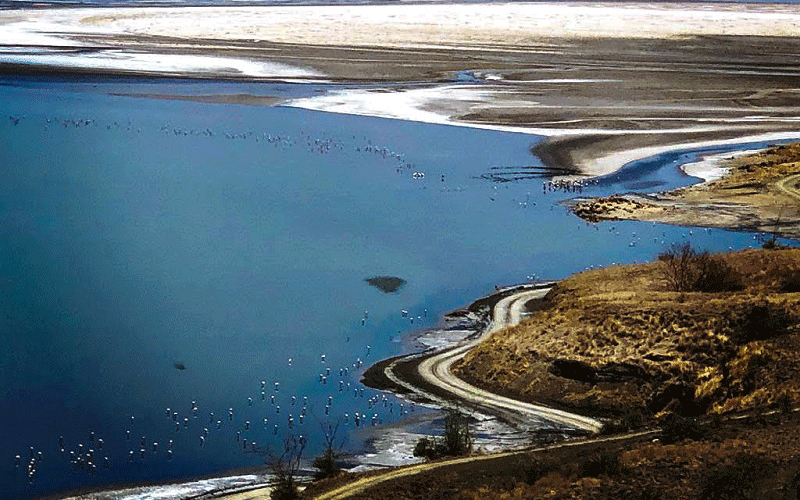×
The Standard e-Paper
Kenya’s Boldest Voice

Lake Magadi [Expat Mummy, Standard]
“The drought has driven the animals away,” says David” our Maasai guide. “This is good for the Maasai communities as we can let the cattle graze safely, but bad for tourism. Although” he cackles “no tourists visit here in summer”. He doesn’t call us crazy, but it’s definitely implied.